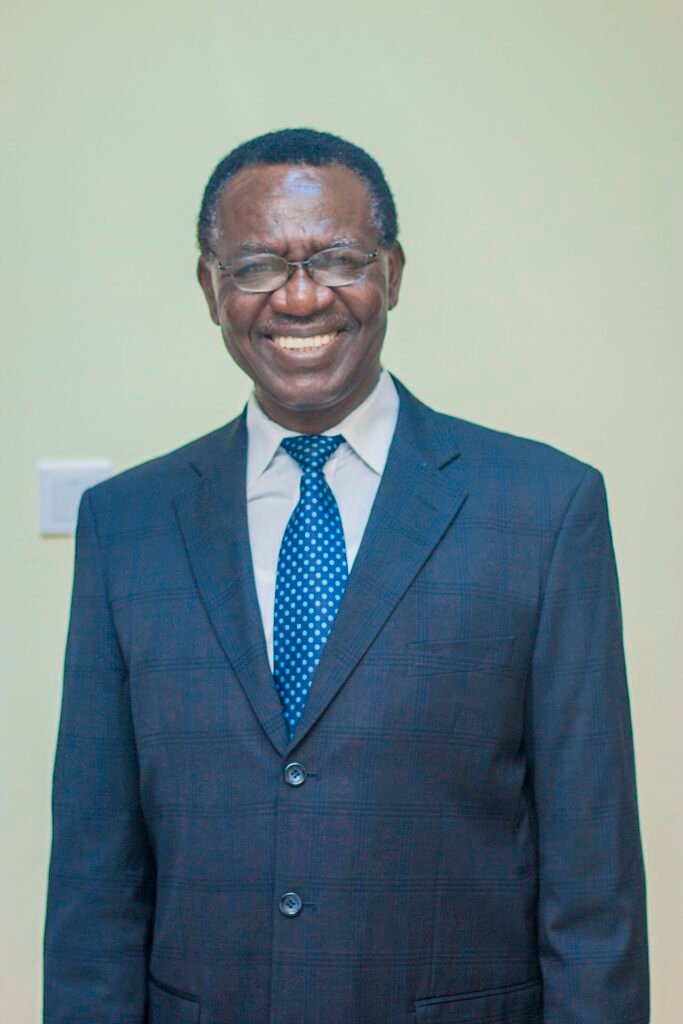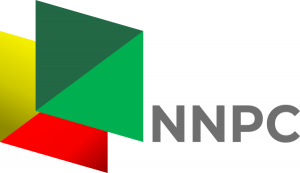By Prof. Wumi Iledare, PhD, FNAEE, SrFUSAEE, FEIN
Professor Emeritus of Petroleum Economics
Principal Facilitator, FUPRE Energy Business School, Executive Director, Emmanuel Egbogah Foundation, Abuja
At the International Conference on Hydrocarbon Science and Technology (ICHT 2025) in Abuja, organized by the Petroleum Training Institute (PTI), Warri, Professor Wumi Iledare delivered a compelling remarks on “Ethical Leadership and Transparency in the Hydrocarbon Sector: A Governance Imperative.”
In his remarks, Prof. Iledare emphasized that ethical leadership and transparency are not decorative ideals but survival necessities in Nigeria’s petroleum governance landscape.
“This conversation is not about morality in theory; it is about survival in practice. The hydrocarbon sector mirrors the integrity of national governance. Where ethics thrive, prosperity follows; where transparency fails, corruption multiplies,” he stated.
He described ethical leadership as doing what is right even when it is not convenient, noting that the character of leadership defines the credibility of institutions. “In petroleum governance, ethics must be modeled, not mandated; cultivated by example, not coerced by law. When leaders act with integrity, institutions become credible; when they compromise, systems decay,” he added.
Speaking further, Prof. Iledare called transparency the oxygen of accountability, stressing that it transforms suspicion into trust and converts secrecy into shared responsibility. He commended initiatives like NEITI and EITI for advancing disclosure culture but urged a shift from compliance checklists to accountability mindsets. “When citizens are informed, they cease to be spectators; they become stakeholders in governance,” he affirmed.
On institutional governance, Prof. Iledare highlighted that the Petroleum Industry Act (PIA) 2021 was designed to institutionalize ethics and transparency by separating policy, regulatory, and commercial roles. Yet, he cautioned that laws cannot substitute for conscience. “Our challenge today is not policy deficiency but policy defiance — when personal interest overshadows public purpose,” he warned.
He urged the Nigerian petroleum sector to strengthen corporate boards and regulatory institutions, reward integrity, and sanction impunity through ethical performance audits and education. “Transparency must depend on systems, not sentiments — making it easier to do right than to do wrong,” he asserted.
Concluding his remarks, Prof. Iledare reminded participants that as the energy transition accelerates, Nigeria’s competitiveness will depend less on the abundance of hydrocarbon resources and more on the credibility of its governance architecture.
“Only when integrity is institutionalized, transparency habitual, and accountability non‑negotiable can Nigeria truly move from resource wealth to shared prosperity — and from rhetoric to results,” he concluded.
Hosted by the Petroleum Petroleum Technology Development Fund, the ICHST 2025 Conference continues to provide a vital platform for advancing dialogue on science, technology, and governance in Nigeria’s energy industry.





